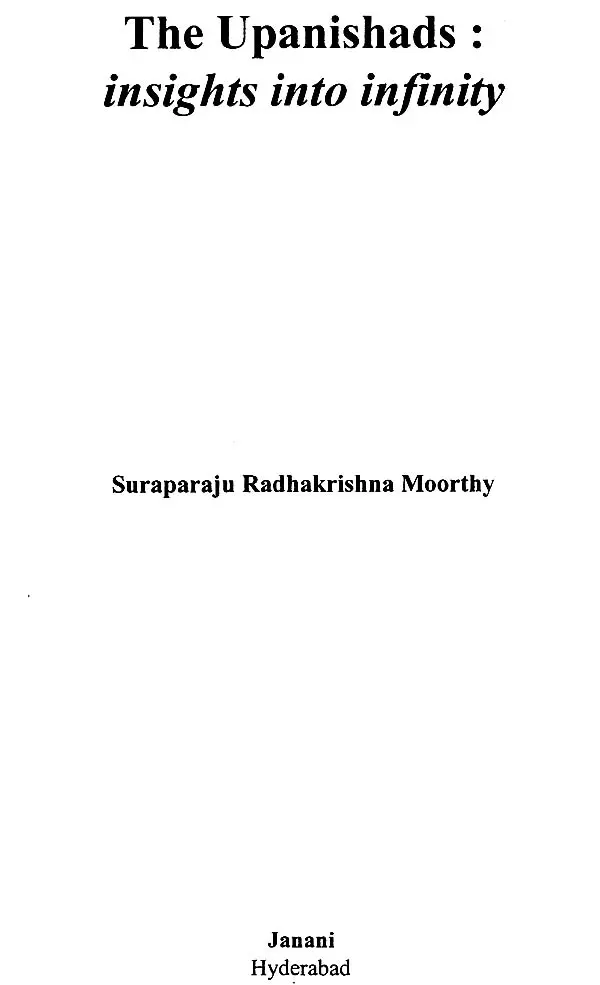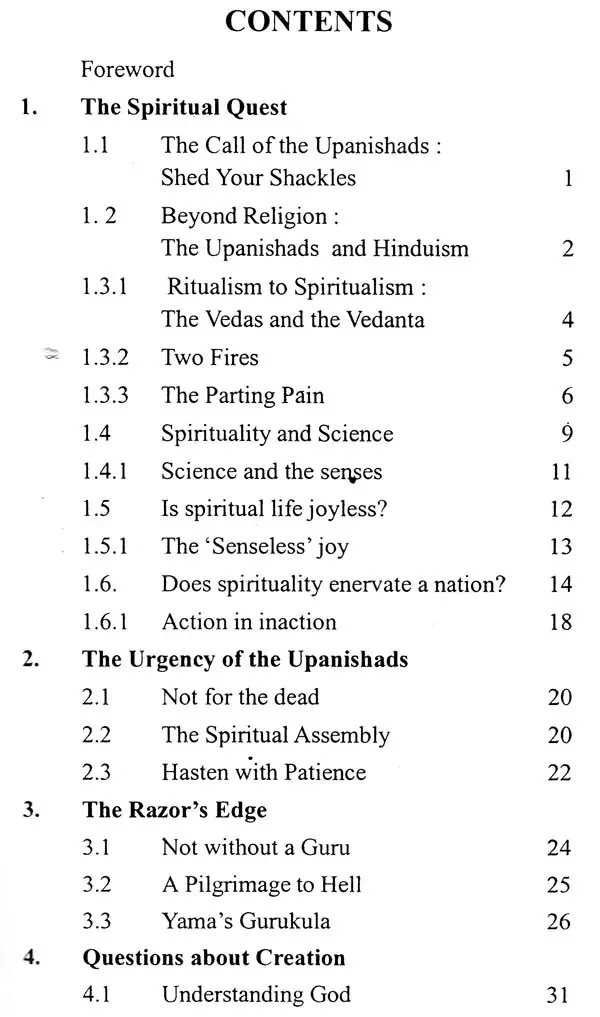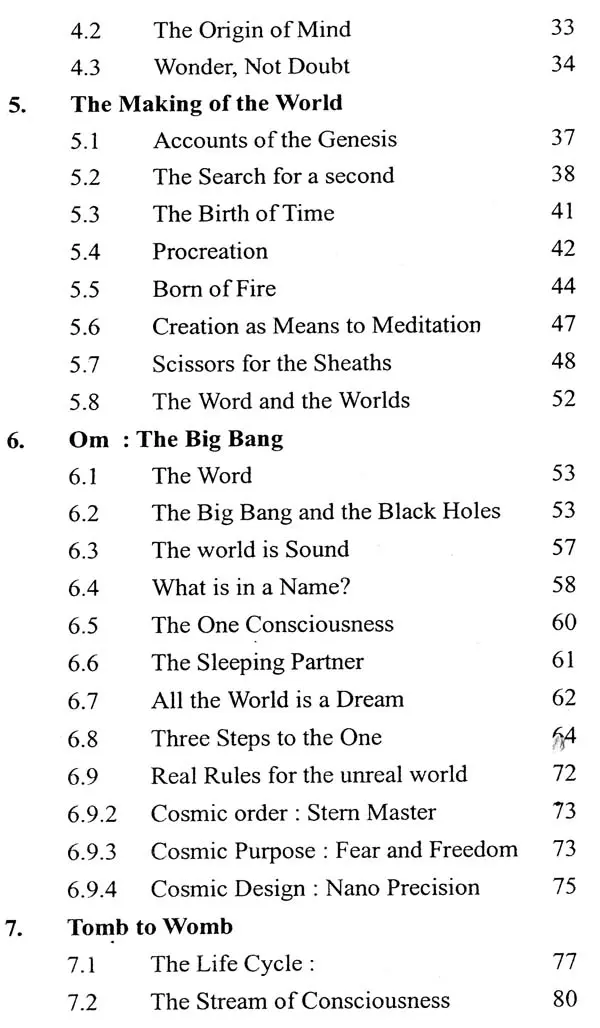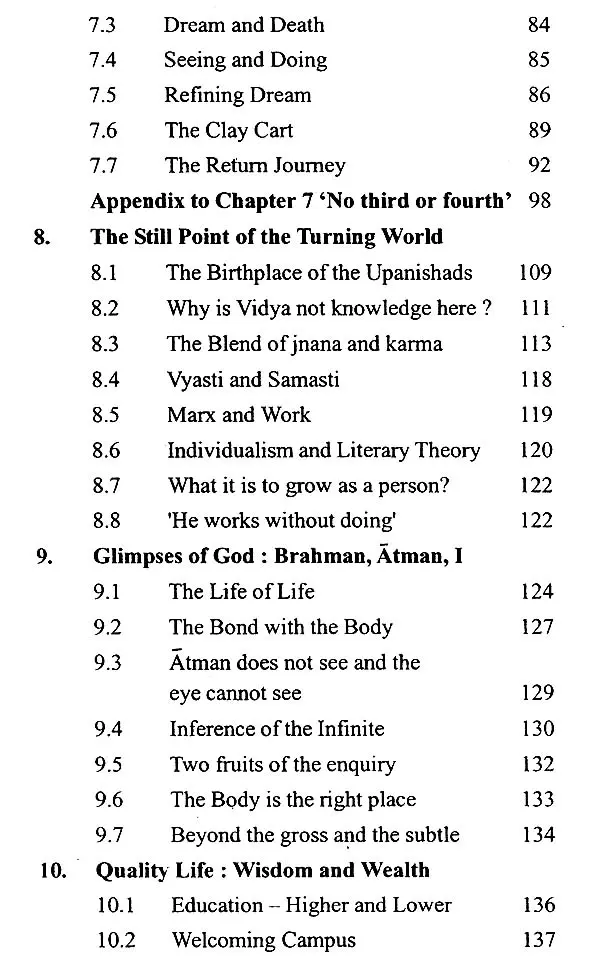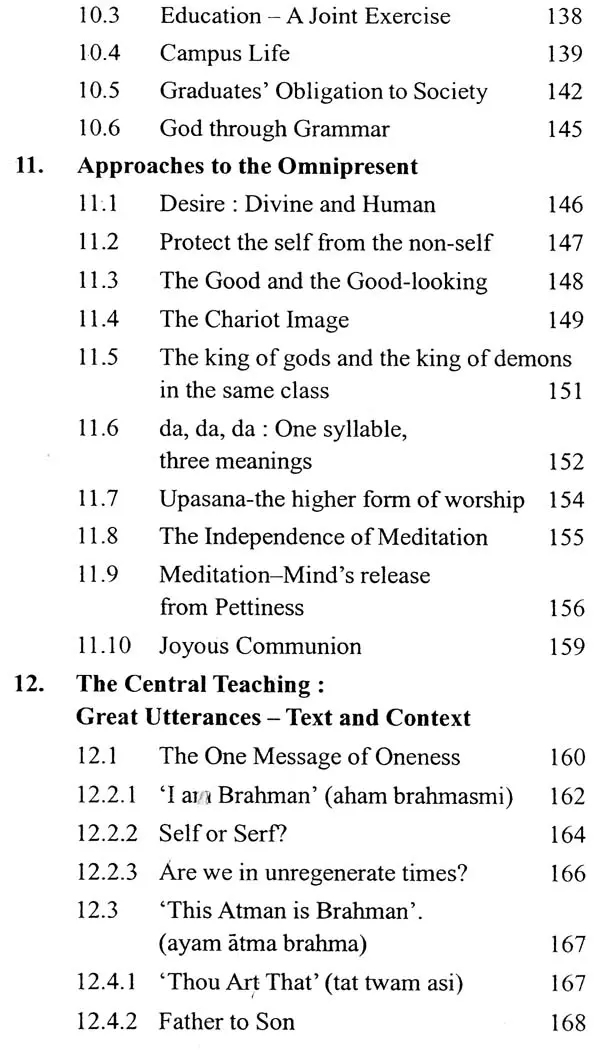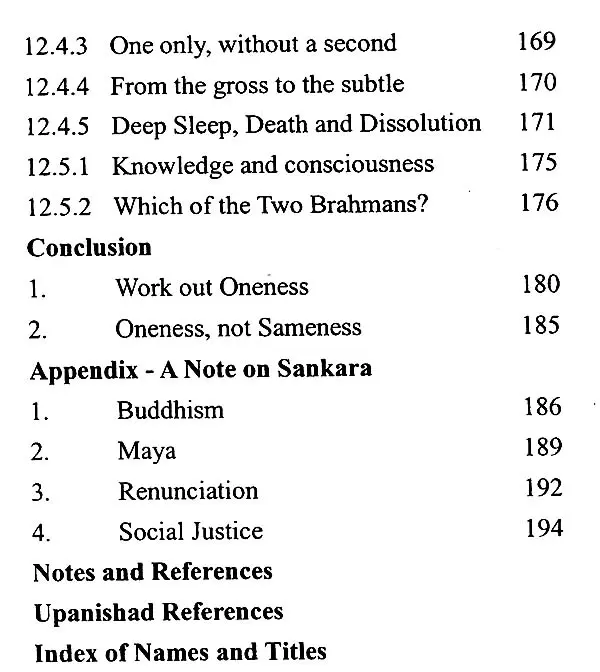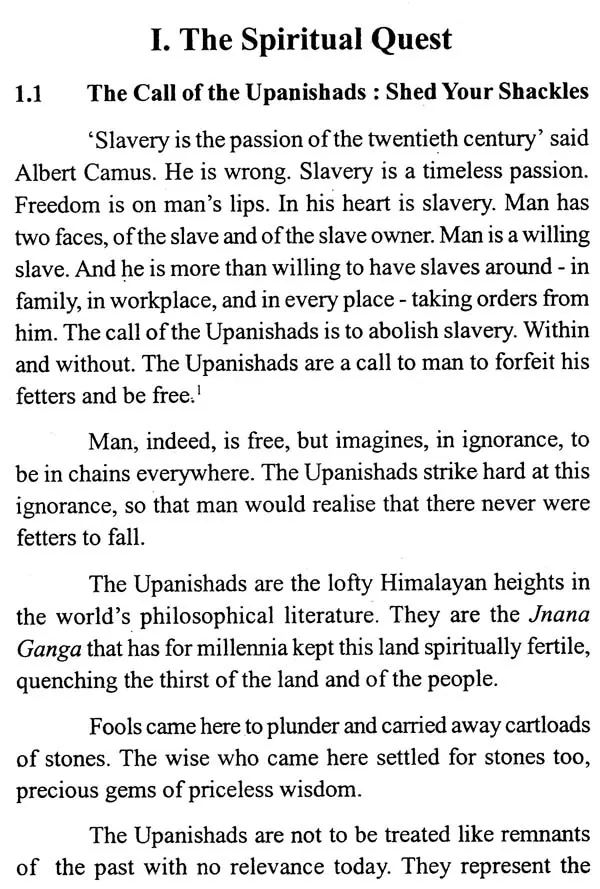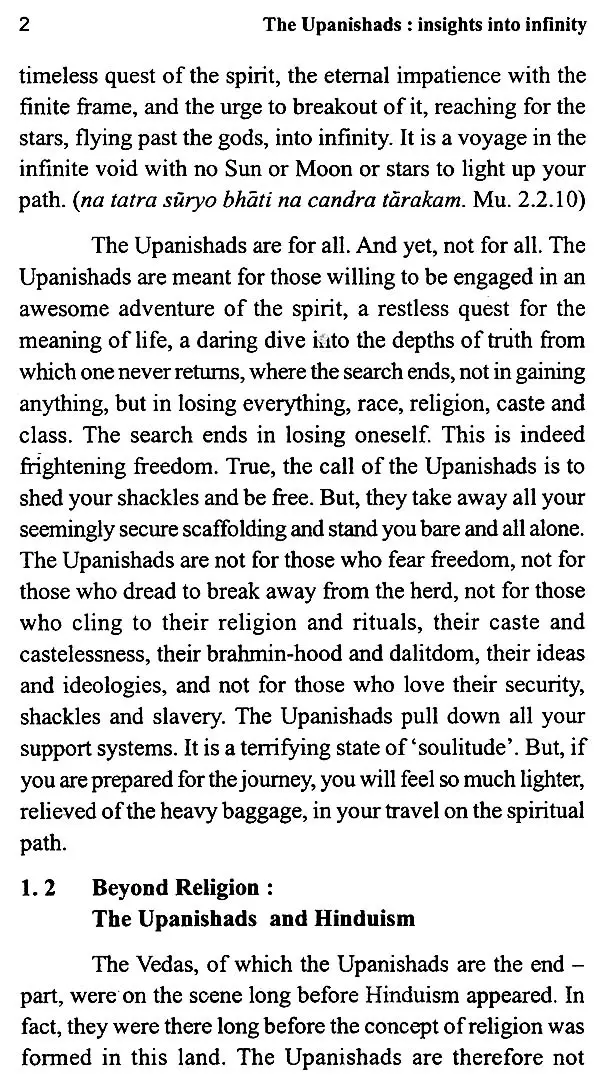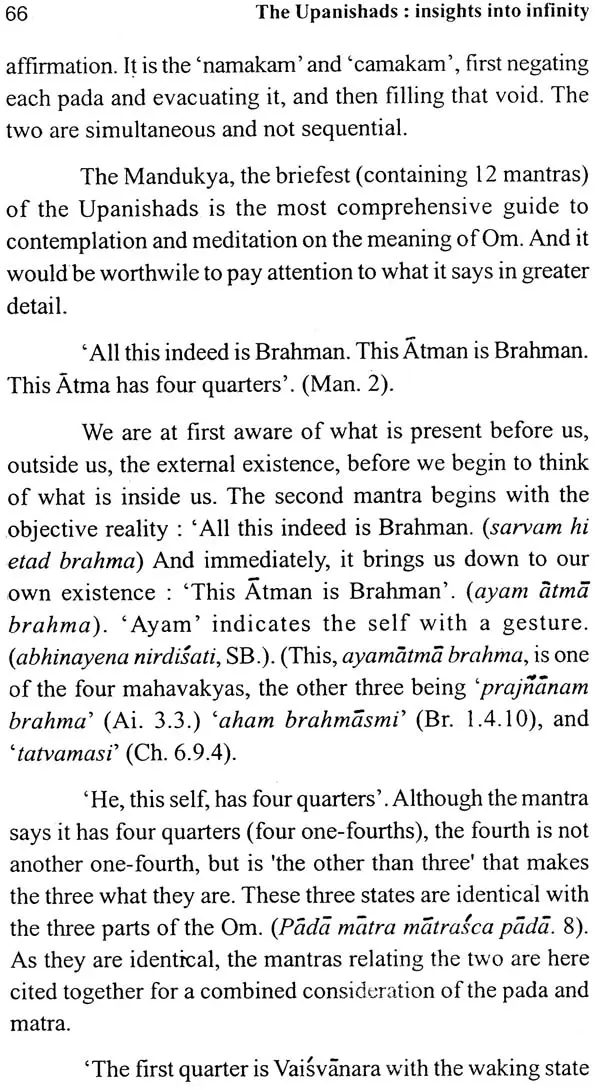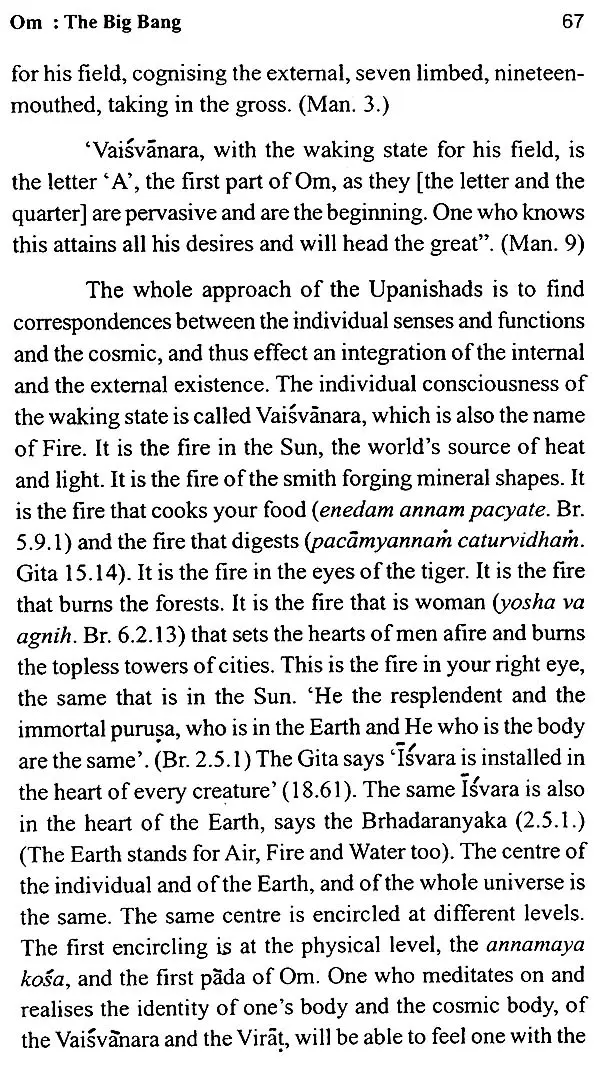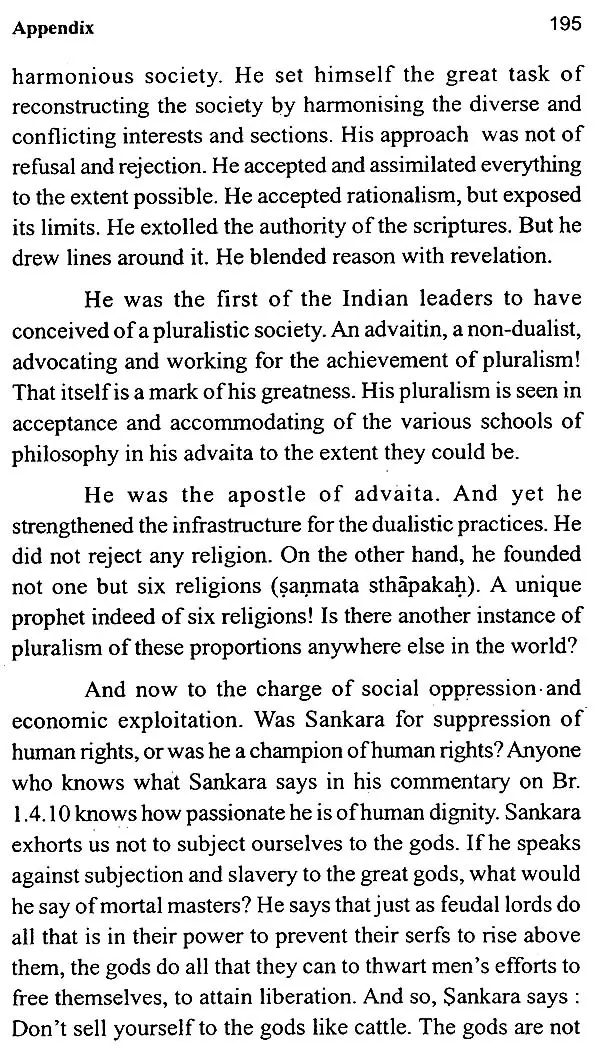About the Book The Upanishads are the lofty, Himalayan heights in the world's philosophical literature. The waters of wisdom rolling down from the heights kept this land spiritually fertile for millennia, and quenched its thirst.
This book presents a panoramic view of the spiritual terrain trodden by the inspired seers of yore.
- It is authentic and off-beat - authoritative and informal
- lively and earnest
- engaging and profound.
- It speaks direct.
Foreword 'Metaphysics is finding bad reasons for what you believe upon instinct. But to find those reasons is no less an instinct. (F.H. Bradley: 'Appearance and Reality') Vedanta shares one thing with metaphysics. Metaphysics was so called by Aristotle because he happened to write the treatise after he wrote the one on physics. And Vedanta is so called because it forms the end (anta) portion of the Vedas. But there ends the commonness. Vedanta makes good use of 'bad' reason, but does not rest on it. It begins with belief, but is not blind. And instinct is only the initial spur in exploration as well as in expression. The Upanishads move beyond reason, belief and instinct. They are a record of direct experience.
**Contents and Sample Pages**
